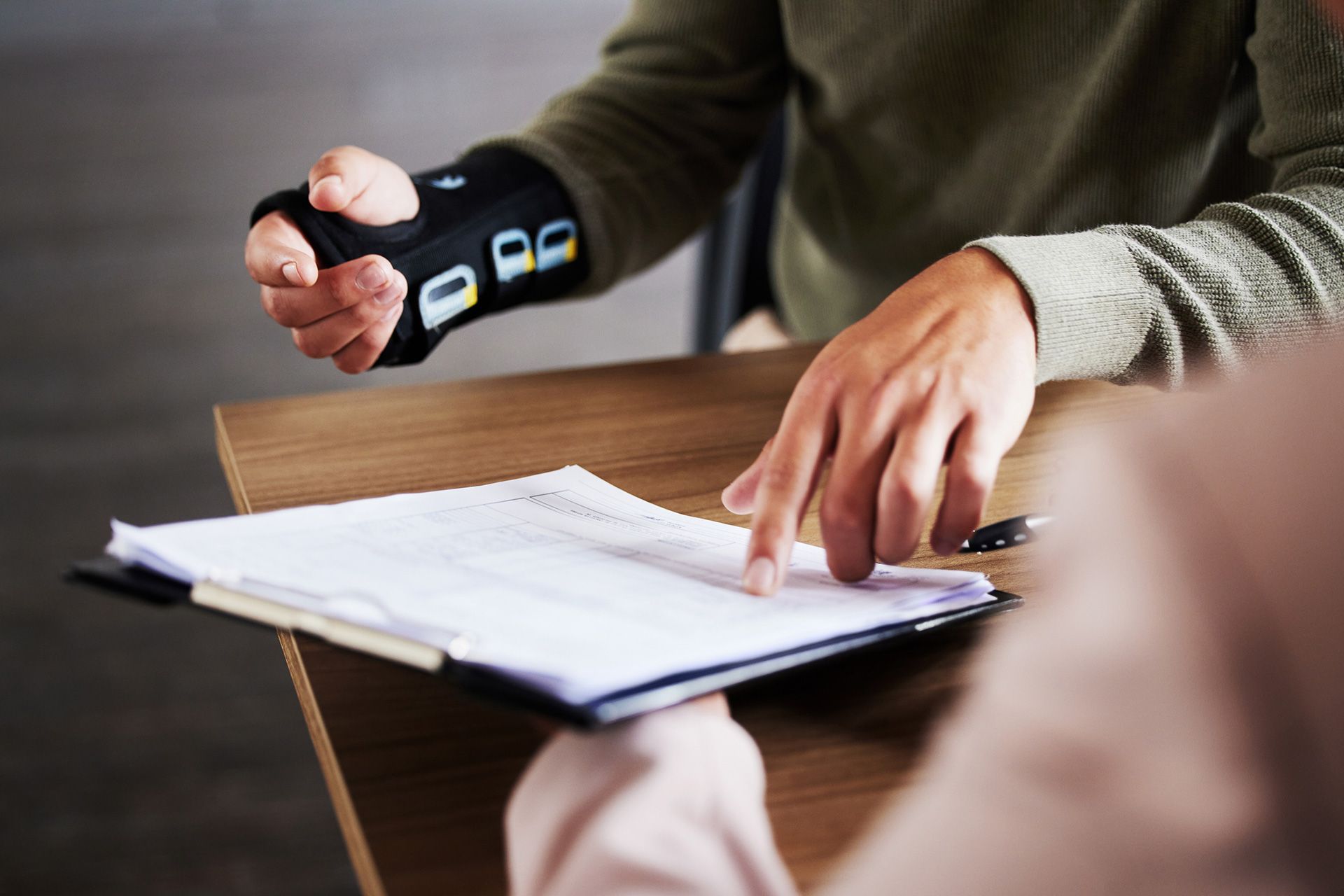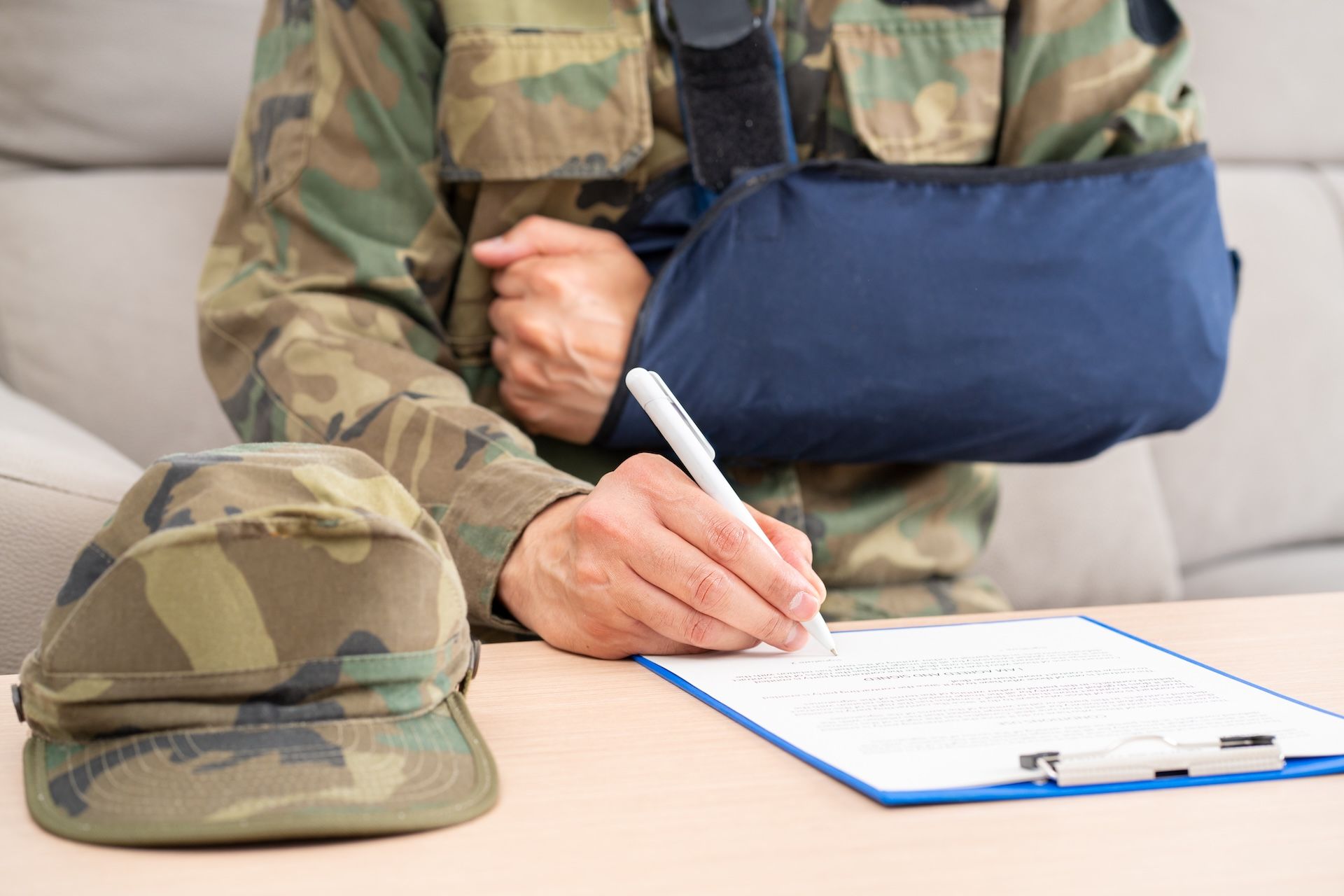Sherry Williams as m/n/g of Latasha Linwood, inf. v. County of Nassau

Case Name
Sherry Williams as m/n/g of Latasha Linwood, inf. v. County of Nassau
Type of Injury
SPASTIC QUADRIPLEGIA
Location
Nassau, NY
Verdict
This action settled during jury selection for $2,300,000, plus non- assertion of a $13,800 Medicaid lien
Verdict Amount
$2,300,000.00
Case Details
XVII/29-49 MEDICAL MALPRACTICE CHILDBIRTH FAILURE TO TIMELY PERFORM CAESAREAN SECTION SPASTIC QUADRIPLEGIA DEVELOPMENTAL DELAYS
SETTLEMENT: Sherry Williams as m/n/g of Latasha Linwood, inf. v. County of Nassau 25754/83 Date of Settlement 2/5/99 Nassau Supreme
Pltf. Atty: Joseph P. Awad of Silberstein, Awad & Miklos, P.C., Garden City
This action settled during jury selection for $2,300,000, plus non- assertion of a $13,800 Medicaid lien. The infant Pltf. was born prematurely on 3/4/82 at the Nassau County Medical Center in East Meadow. On 2/25/82, Pltf. mother, age 18, presented to the obstetrical clinic at Deft. s medical facility and was determined to be at approximately 28 weeks gestation. On the following day, her attending physician, a Dr. Tejani, supervised residents during a cerclage procedure. Pltf. was admitted on 3/2 and experienced spontaneous rupture of the membranes on 3/3. Dr. Tejani did not return to examine Pltf. until the next day, at which time he noted that the amniotic fluid was purulent and odorous, and he diagnosed chorioamnionitis.
The vaginal exam indicated that Pltf. was 1 cm dilated but was not effaced and that the fetus was at the minus three station. Pltf. was fitted with an internal monitor, and a Pitocin drip was started and was administered throughout the morning. A Caesarean section was performed at approximately 1:30 PM; the infant Pltf. s Apgar scores were 4 and 7 at the time of delivery. The pathology report revealed that the placenta had acute chorioamnionitis and Deft. diagnosed a trivascular umbilical cord with vasculitis and funisitis.
Pltf. claimed that Deft. s failure to timely perform a Caesarean section constituted a departure from good and accepted medical practice. She contended that the rupture of the membranes placed her as a high risk pregnancy, and that as such, there was a need for greater surveillance due to the possibility of an intrauterine infection. She also contended that a cerclage procedure at 28-29 weeks gestation was not indicated and that it caused or contributed to the resulting infection and premature birth. Pltf. claimed that since her cervix was not inducible as per her Bishop s score (which measures diastolic blood pressure made directly by the weight of the liquid and not by compressed air), Dr. Tejani s decision to begin the Pitocin drip was contraindicated.
Injuries: spastic quadriplegia; brain lesion resulting in periventricular leukomalacia; developmental delays. The infant Pltf., now age 17, is confined to a wheelchair and needs assistance with daily activities and personal care. She is a high school junior and possesses ordinary intelligence. Pltf. s mother claimed that the brain lesion was caused by the cytokine reaction from the infection and the premature delivery. She contended that infection was negligently permitted to worsen, and claimed that Deft. departed from accepted standards by failing to associate an amniotic fluid infection with spastic quadriparesis, since it is a known indicator of the paralysis.
Deft. contended that the infection was already present when Pltf. mother first presented for prenatal care and that it was a judgment call to perform the cerclage procedure. Deft. further contended that Dr. Tejani, who was a specialist in maternal fetal medicine and director of the department, exercised medical judgment as to when to perform the Caesarean section.
Pltf. Experts: Pltf. would have called Dr. Aubrey Milunsky, geneticist, Boston, Massachusetts; Dr. Edmond Provder, vocational rehabilitation, Manhattan; Dr. Leon Charash, pediatric neurologist, Hicksville; Andrew Weintraub, Ph.D., economist, Pennsylvania.
Deft. Expert: Deft. would have called Dr. Robert J. Gould, pediatric neurologist, New Hyde Park.
Disclaimer: The information on this website and blog is for general informational purposes only and is not professional advice. We make no guarantees of accuracy or completeness. We disclaim all liability for errors, omissions, or reliance on this content. Always consult a qualified professional for specific guidance.








